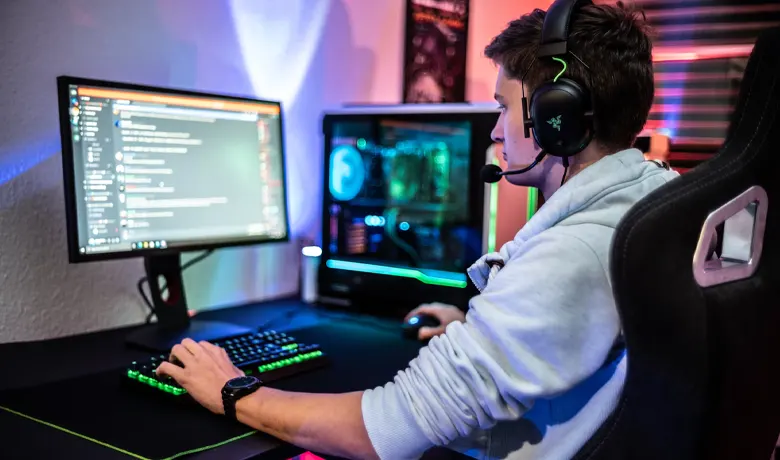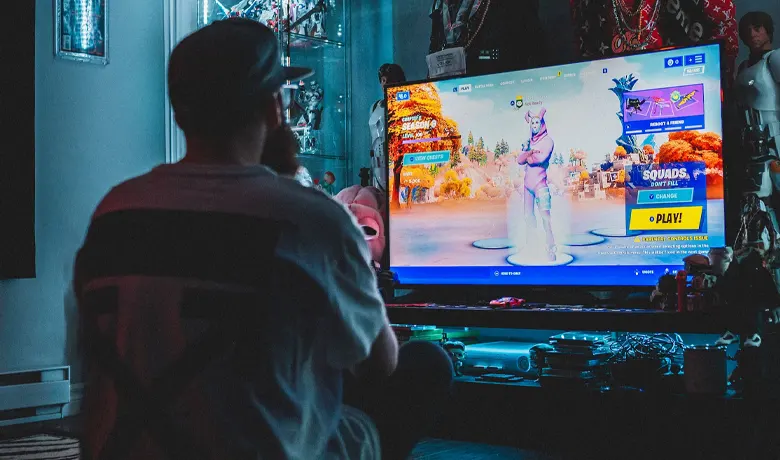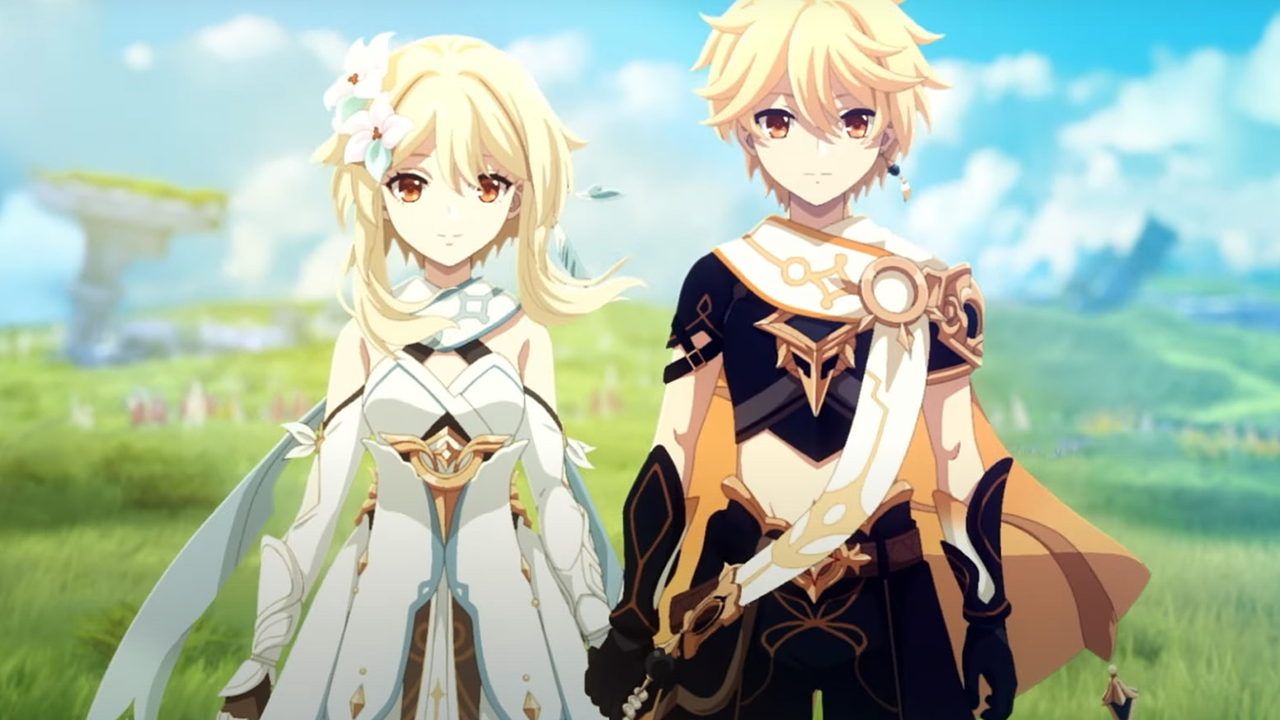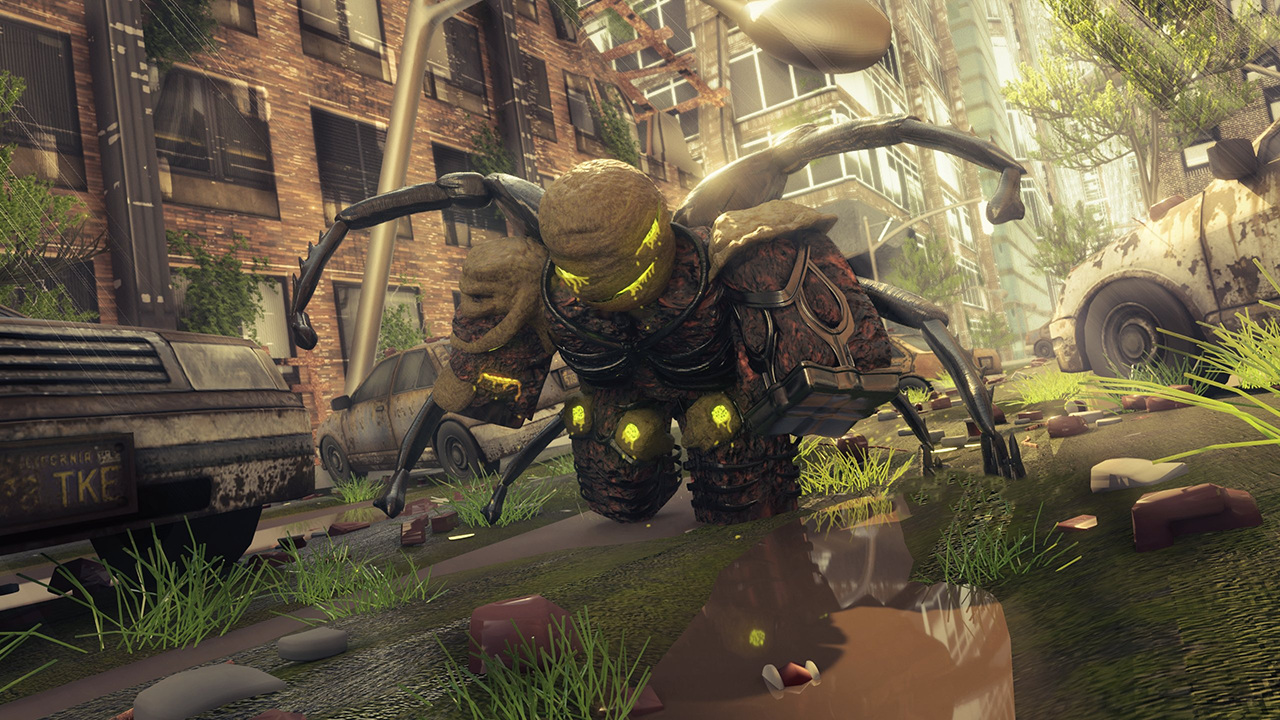Chatbots have played an important role in the gaming world, transforming the way players interact with the virtual environment. Initially, they appeared as simple assistants, capable of basic commands, but with the advance of artificial intelligence, chatbots have evolved significantly. Today, they are able to offer a richer and more engaging conversational experience, providing a new layer of interactivity and immersion in games.
In the context of electronic games, the evolution of chatbots is notable for their ability to improve player engagement. Pioneering projects, such as ELIZA in the 1960s, laid the foundations for what would become future human-computer interactions. Decades later, the chatbots have been integrated extensively in games, not only as part of the storyline, but also as intelligent interfaces for customer support and to enhance socialization between players.
This trajectory of improvement is reflected not only in the increased complexity of chatbots, but also in users' growing expectations for more realistic and engaging experiences. The continuous development of chatbots in games therefore not only contributes to entertainment, but also sets new standards in interaction with technology.

First steps for Chat Bots in Games
Chatbots played a fundamental role in the early days of electronic games, particularly those based on text, where they served as narrators, characters and logical interlocutors.
Chat Bots in Text Games
In text gamesIn the first game, chatbots were essential for driving the narrative and enabling the player to interact with the virtual world. This allowed players to explore scenarios and solve puzzles by typing commands, to which the bot responded with textual descriptions or resulting actions.
Early Artificial Intelligence
A primitive artificial intelligence in games was limited to basic scripts and a set of predefined responses. However, it has established itself as a foundation for the development of more advanced systems capable of learning from player interactions, paving the way for the continued evolution of chatbots in the games industry.
Technological development

The technological development of chatbots in games represents a milestone, with advances that transform playful experiences and increase user immersion.
Advances in Natural Language Processing
Chatbots in games have evolved thanks to the continuous improvement in natural language processing (NLP). They can now understand and simulate human language with remarkable effectiveness, allowing players to interact with the game in a more natural and intuitive way.
Improved Interactivity and Personalization
The interactivity of chatbots in games is advancing by leaps and bounds, with the bots now able to learn and adapt to users' playing styles. This is possible due to deep personalization powered by machine learning algorithms that analyze data in real time to offer customized responses.
Integrating Chat Bots with Social Networks
A integration of these chatbots with social networks has been fundamental, broadening accessibility and allowing users to share their achievements and playful interactions, transforming the way they connect and experience games in community.
Chat Bots in Current Games

Chat bots have transformed interaction in today's games, offering players more realistic conversations and in-game assistance.
Implementation examples
Some current games have integrated chat bots to improve communication between the player and the game system. For example, the Amazon platform lists games in which bots provide dynamic tips and guidance as the player progresses, improving engagement and immersion in the virtual environment.
Other games use chatbot technology to simulate conversations with NPCs (non-playable characters), enhancing the narrative and in-game interactions. These bots are programmed to respond to players' actions and questions in a way that is consistent with the NPC's personality and role in the game's story.
Impact on User Experience
The use of chatbots in today's games leads to a more interactive and personalized experience for the user. Bots that use artificial intelligence can learn from players' responses, adapting to offer even richer and more relevant communication. A Evolvy points out that this enhanced interaction has the potential to keep players engaged for longer and make the gaming experience more rewarding.
Especially in multiplayer or online games, chat bots can serve as moderators or assistants, helping with game community management and user support, which refines the experience of socialization and collaboration between players within the gaming environment.
The Future of Chat Bots in Games

The integration of chatbots into games is becoming increasingly sophisticated, promising to revolutionize the way players interact with virtual universes.
Emerging Trends
Gaming chatbots are moving towards greater naturalness in communication, breaking down the barriers between AI and human players. A significant example is the application of advanced language modelsChatGPT, which simulate human conversations with impressive depth. These bots have the ability to improve immersion in games, offering contextual responses in real time and personalized to the player's experience.
In addition, chatbots are starting to use emotions e memories The use of voice recognition and natural language processing is allowing these bots to understand and react to voice commands and text more accurately. The use of voice recognition and natural language processing is allowing these bots to understand and react to voice commands and texts with greater precision, and examples of this application can be found at ChatGPT and the Future of Game Characters.
Conclusion
In short, the adoption of chatbots in games, while promising, faces significant technical and ethical challenges. Creating dialogues that maintain the player's immersion without compromising the experience is a complex task. In addition, issues related to data privacy and the responsible use of this information are ethical barriers that need to be carefully considered.
The localization and cultural adaptation of dialogues, ensuring fluency in different languages, are essential to achieving a truly global gaming experience. These aspects, along with the evolution of chatbots over time, deserve continuous and in-depth attention. Take the opportunity to take a look at this related article on the games that use AI in innovative ways.
Frequently Asked Questions
The evolution of chatbots in gaming is a complex terrain that encompasses everything from significant historical milestones to advances in personalization to engage players. Explore the FAQs to broaden your understanding of the role of chatbots in this dynamic space.
What were the historical milestones in the evolution of chatbots in games?
Chatbots in games have been developing since the ELIZA chatbot. As early as the 1970s, rudimentary conversations in text-based games were possible. With technological advances, games like Façade incorporated chatbots with natural language processing skills, taking interaction to more sophisticated levels.
How has artificial intelligence in chatbots transformed interaction in online games?
Artificial intelligence applied to chatbots in online games has enabled more natural and interactive communications. In addition, machine learning systems have allowed chatbots to adapt and respond more appropriately to players' needs.
How have chatbots improved the multiplayer gaming experience?
In multiplayer games, chatbots have been essential in mediating interactions, providing constant support and answers to common questions. The ability to moderate conversations and provide relevant information in real time contributes to a more engaging and cohesive experience between players.
What are the challenges faced when developing chatbots for games?
The biggest challenges include creating chatbots that understand varying game contexts and the need for quick and accurate responses. There's also the language and culture barrier, since games often bring together international players.
How has the personalization of chatbots impacted player engagement?
The personalization of chatbots in games has allowed for more targeted and meaningful interaction, increasing player engagement. With chatbots capable of learning and adapting to individual playing styles and preferences, the gaming experience becomes more immersive and personal.






